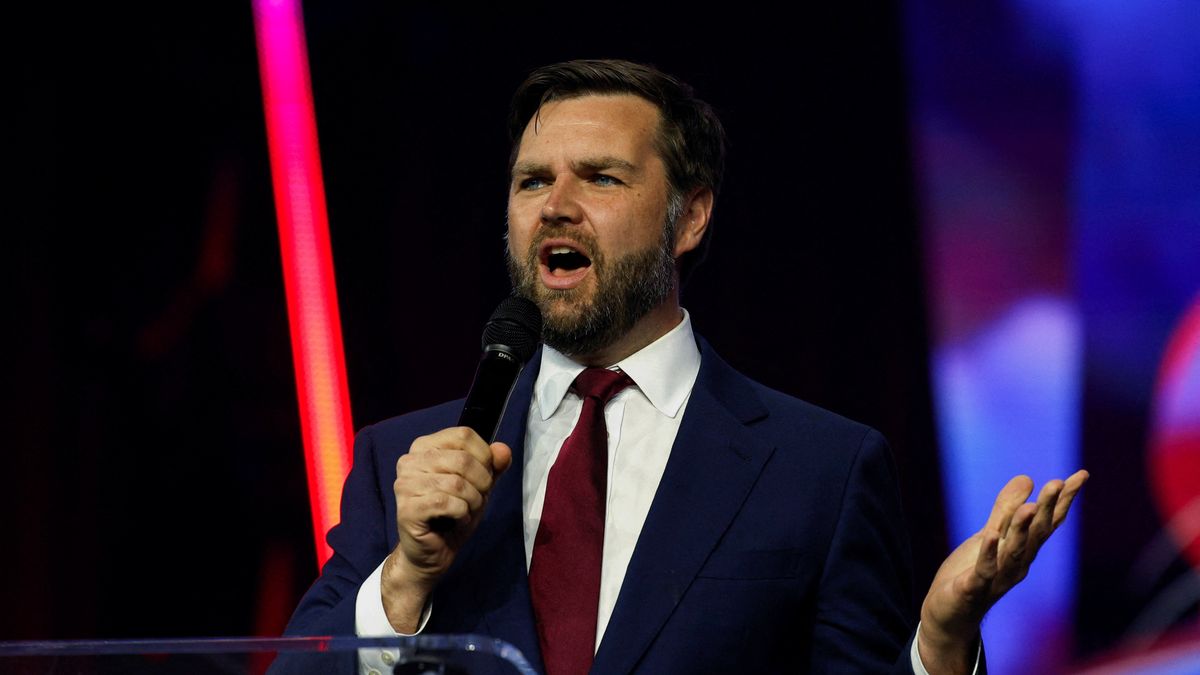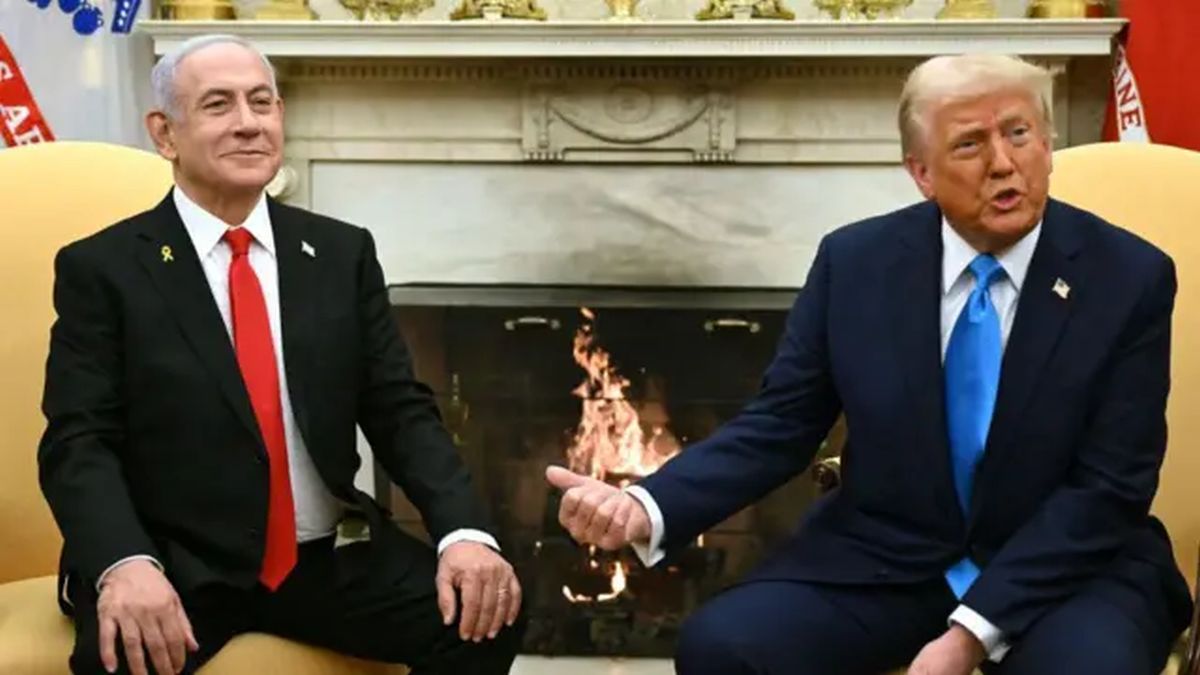JD Vancethe current vice president of the United States, is a complex character whose ideological evolution moves away from the traditional currents of American politics. From his famous book Hillbilly Elycy Until his role as defender of a post-liberal right, Vance It has gone beyond the limits of the Maga Movement to adopt a more radical and ideologized position that rejects contemporary liberalism.
Throughout his career, he has been influenced by a variety of philosophical thinkers and currents that mold their vision of both society and international politics. His perspective on the world order and the role of the United States has had a significant impact on the country’s foreign policy, especially with regard to intervention in Ukraine and relations with other global powers.
JD Vance’s thought is part of a broader movement within the American right known as the Post-liberal right. This current seeks a response to modern liberalism, which is characterized by its emphasis on individual rights, free market and globalization. For Vance, these principles have eroded traditional community ties and have not generated an improvement for society, but have promoted social fragmentation and individualization.
The most important influence on this ideological turn of Vance comes from the political philosopher Patrick Deneen. In his book WHY Liberalism Failed (2018), Deneen argues that liberalism has failed by putting individualism and the market over the values that cohesive society, such as family, religion and local economies. Vance’s criticism of liberalism, inspired by Deneen, also extends to the US system of government, which it considers corrupt and directed by an technocratic elite away from the needs of the working class.
Next to Deneen, other key figures that have influenced Vance’s political vision are Peter Thiel, A Silicon Valley tycoon, and Curtis Yarvin, A neo-reactionary theorist. Although Vance does not completely adopt Thiel’s ideas, especially with regard to technology, he shares with him a criticism of elites that perpetuate a system that, according to them, does not favor common well -being. As for Yarvin, his vision of a radical reform of the political system towards a modern monarchy has influenced Vance’s position on the need to change existing power structures.
In addition to these philosophical influences, Vance has also approached René Girard’s work, the French philosopher whose theory of Mim rivalryandTICA It has been central to its understanding of political and social polarization. According to Girard, human rivalry generates tensions that, eventually, are resolved through the sacrifice of an scapegoat. Vance has summoned Girard as a way of explaining how current social and political divisions in the United States can be seen as a consequence of mimetic rivalry exacerbated by social networks and the media.
Since he assumed a prominent role in politics, Vance has been critical of the traditional foreign policy of the United States. In particular, he has questioned continuous support to Ukraine in his conflict with Russia, a position that has deeply influenced the policy of the Republican party in recent years. Vance sees the International Post-Second World War system as a model that has favored global elites at the expense of the US working class, exacerbating inequalities both within the US and in the rest of the world.
Vance’s criticism of intervention in Ukraine is based on the belief that war does not represent a legitimate struggle for democratic values, but rather a selfish effort of elites to maintain international order for their own benefit. Instead of continuing to financing a war in Ukraine that will not change the course of the conflict, Vance advocates a reorientation of US foreign policy towards a more nationalist approach, focused on the internal interests of the country.
This more isolationist approach also includes a critique of globalization and the US dependence on European allies and foreign powers. Vance has expressed the need for European countries to assume greater responsibility in terms of collective security, especially within NATO, without waiting for the United States to be the main funder of the European defense.
Vance’s vision of foreign policy is not limited only to his opposition to Ukraine. His approach seeks a complete reconfiguration of the international order, in which the US is not committed to distant wars or in the expansion of a global system that does not benefit its citizens. Instead, Vance proposes a foreign policy that prioritizes national security, economic self -sufficiency and the defense of the interests of the US working class.
Vance has supported policies that favor national production, such as the manufacture of chips in the US and the sending of weapons to Taiwan to defend against a possible Chinese invasion. At European level, he has also defended a position that drives NATO countries to strengthen their military capabilities without depending too much on the United States. This vision reinforces the idea that the US must focus on its own interests and protect its economic and geopolitical borders.
JD Vance has managed to forge a political vision that transcends traditional divisions within the Republican party, creating a post-liberal alternative that questions the foundations of modern liberalism. Through their connections with influential thinkers such as Patrick Deneen, Peter Thiel and René Girard, Vance has developed a deep criticism of both the internal policy of the United States and its role in the international order.
In his role as vice president, Vance has taken his ideas to the Trump administration, influencing a reevaluation of US foreign policy. His opposition to global interventionism, his criticism of the International Post-Second World War system and his focus on the security and economic well-being of the US are configuring the future of the country’s foreign policy. Although his positions are controversial, Vance’s growing influence on the Republican party and American politics cannot be ignored, since it is emerging as one of the most complex and most impact on contemporary American policy.
University Professor
Source: Ambito
David William is a talented author who has made a name for himself in the world of writing. He is a professional author who writes on a wide range of topics, from general interest to opinion news. David is currently working as a writer at 24 hours worlds where he brings his unique perspective and in-depth research to his articles, making them both informative and engaging.




